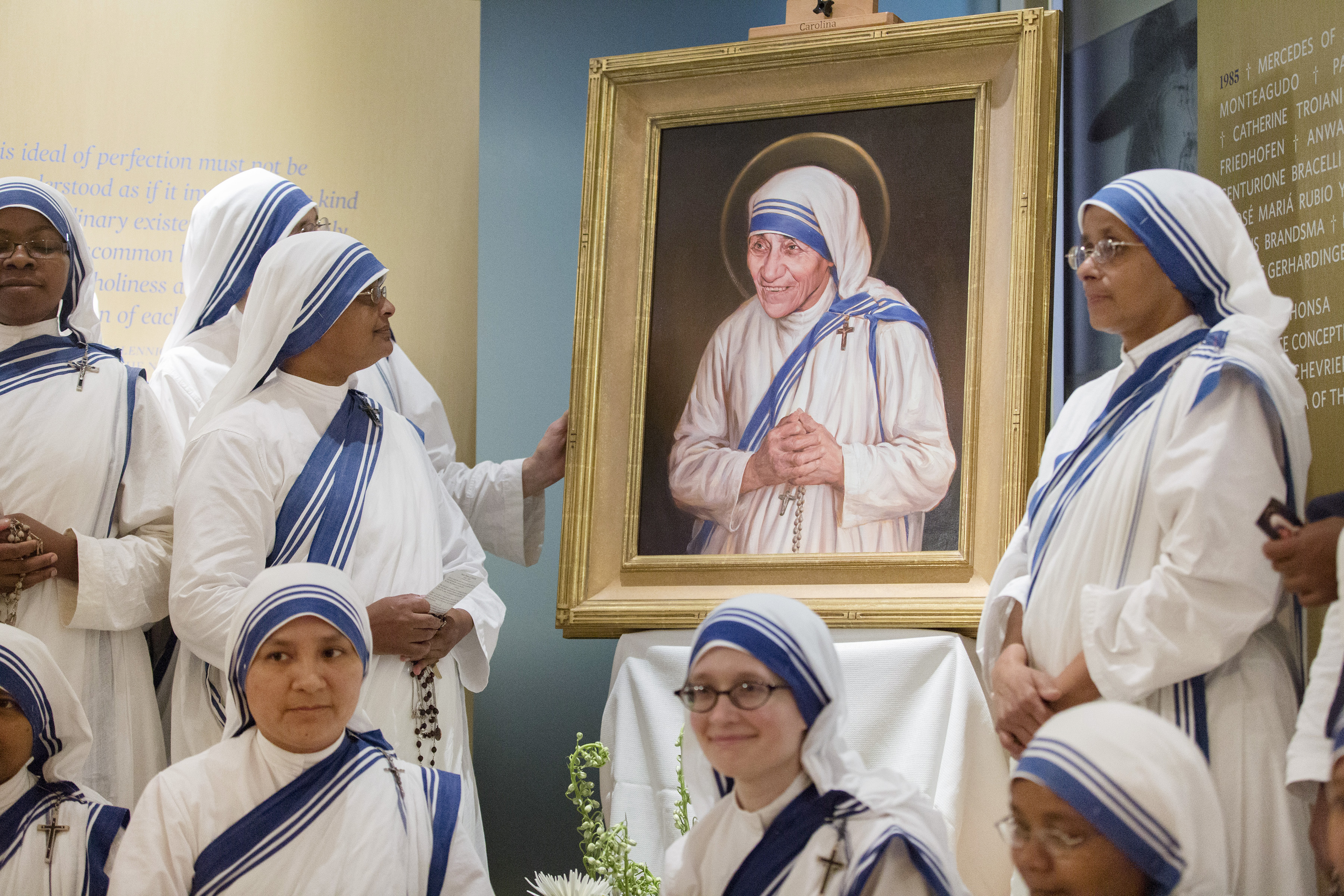“When you know how much God is in love with you,” wrote Mother Teresa, “then you can only live your life radiating that love.”
It was Sept. 5, 2006. I was standing for the Prayers of the Faithful in St. Patrick’s Cathedral, and the priest declared that, on this day, we were celebrating Mother Teresa’s feast day for the first time. Joy coursed through the congregation. Each of us had witnessed Mother Teresa’s profound love for the poorest of the poor. Knowing that we, too, each in our own way, were poor, we knew also that we were loved. And knowing that Mother had experienced the poverty of feeling abandoned by God and still had loved, we learned from her that, despite our poverty, we could love heroically as she did.
A traditional children’s bedtime prayer begins, “Help me, Lord, to know Thy love for me, / so I a loving child may be.” I prayed that prayer for more than two decades before ever even considering what that statement actually means. It is only when we know, in the depths of our being, that we are completely and unconditionally loved by God, that we can truly love others.
This truth came home to me this past year as I worked with a young woman in the initial stages of inquiring about a religious vocation. Chloe wrote the Sisters on campus asking to learn more about our life. We invited her to pray the Liturgy of the Hours with us. She came. Once. Again. Again. She is now fundraising to pay off her student loans, in order to enter religious life, and, as she makes her parish appeals, she is educating hundreds of parishioners about — love. In this world of so much hatred and disaffection, Love still calls, and young people still “leave everything” to answer (Luke 5:11, 28).
The human heart responds to love. It was love that drew St. Juan Diego up Tepeyac Hill. Surprised, cautious, he likely would not have obeyed the voice calling him if he had not heard, in the sweet diminutive form of his name, “Juanito! Juan Dieguito!” a Mother’s heart speaking to his.
We must become convinced of God’s love for us. This conviction alone gave Mother Teresa the courage to pick up off the street one dying person, then another, each “another” turning into thousands. From it she drew the strength to keep praying, loving and working through the decades when she felt that God remained far from her. It emboldened her to speak the inconvenient Truth: “Contraception destroys the gift of love in husband and wife,” and, “If a mother can kill her own child, then what is left of the West to be destroyed?”
Let us ask God to help us to know His love for us, so that we, too, may “loving children be.”










